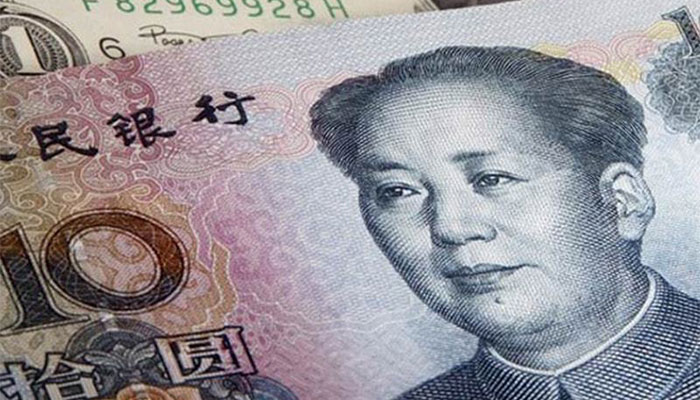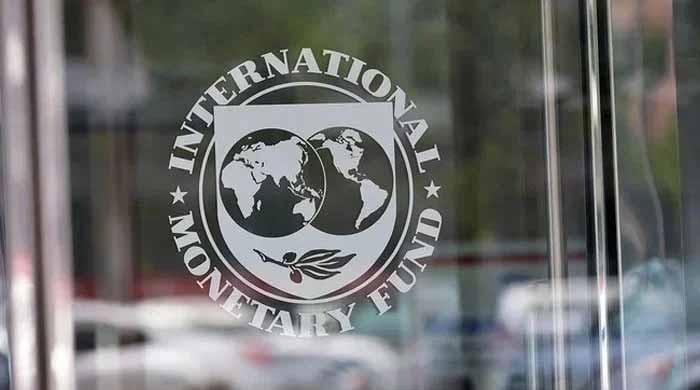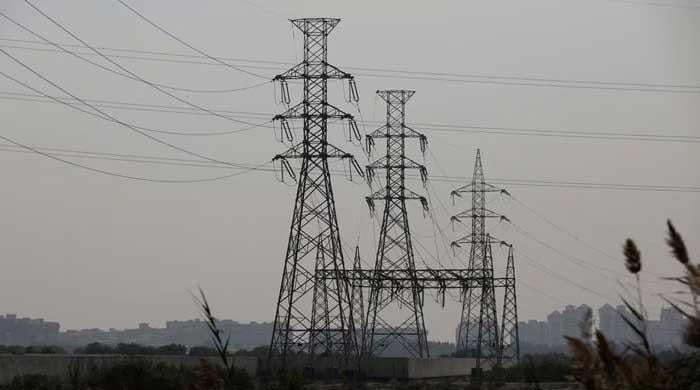Pakistan plans Chinese yuan-denominated Panda bond early next year
Finance ministry plans to issue the bond as soon as it obtains credit ratings from the Chinese agencies
November 29, 2019

KARACHI: Pakistan plans its first Chinese yuan-denominated bond, also known as Panda bond, in the first quarter of next year, worth about $1 billion, reflecting growing demand for the country’s debt as its economic outlook improved.
“Pakistan is moving closer to debut Chinese bond sale. This will be the first time that the government will be assessing the Chinese capital market, which is the third largest bond market in the world,” Muhammad Aurangzeb, president and chief executive officer of Habib Bank Limited, told Geo News on Thursday.
Aurangzeb said the finance ministry plans to issue the bond as soon as it obtains credit ratings from the Chinese agencies. The rating creation process could take a couple of months.
“HBL is assisting the government of Pakistan in launching the inaugural Panda Bond issue… we will be ready to ‘press the button’ with the government, in the first quarter of 2020.”
The senior banker said the size of the planned Panda bond offering was likely to be $1 billion equivalent CNY, with the first tranche expected to be $350 million equivalent CNY. The consortium of four banks, HBL, Citibank, CITIC and CDB, was working on the deal as financial advisor and lead manager.
In response to a query about the beginning of road shows and book building process of the issuance and expected yields, he said it was too early to commit either to a schedule or any expected yield. It would be decided close to the issuance date.
“At the beginning, the bond could be targeted at the institutional investors to tap demand for this issuance. Banks and insurance companies are likely to buy this paper,” the HBL CEO said. “But it is expected to gain appeal from individual investor later.”
Besides, Aurangzeb believes there was a good window to issue Eurobond/Sukuk in the international debt market as well. “No doubt that it’s the best time to enter the international debt market due to monetary easing by the world’s major central banks,” HBL chief said.
“Investors were seeking out higher yielding assets to generate returns as the European Central Bank was expected to deliver quantitative easing and the US Federal Reserve has reduced interest rates.”
Aurangzeb said the IMF’s programme could also help give confidence to investors in the way that the government has decided to approach the debt market. However, analysts said, these Panda bonds could be issued in China’s interbank market “provided” they were investment grade rated, which Pakistan was not.









